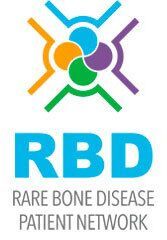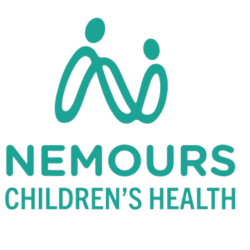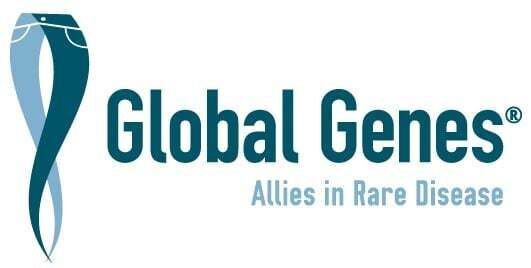
While we strive to remain hopeful about advancements in research and the development of treatments for Complex Lymphatic Anomalies (CLAs), we recognize that there is still much more to achieve. The progress made so far has provided life-changing stabilization for many, but we cannot ignore the fact that families continue to face the devastating loss of loved ones due to complications associated with CLAs. This stark reality reminds us of the urgent need to push forward in our quest for better outcomes and, ultimately, a cure.
Losing a loved one is an incredibly painful experience, one that brings with it a unique set of challenges and emotions. Bereavement and grief are deeply personal journeys, and when compounded by the complexities of a rare condition, these feelings can become even more overwhelming. In this blog post, we aim to provide support and understanding for those navigating the loss of someone affected by CLAs.
We explore the stages of grief, coping strategies, and the concept of secondary loss, offering insights to help you process and manage your emotions. We’ve also included links to helpful resources like RareMinds and shared Travis’s heartfelt story about losing his daughter, which offers valuable perspectives on coping with bereavement. We hope this post serves as a source of comfort and guidance as you work through your grief.
Grieving After a Bereavement
Grief is a deeply personal experience. It can encompass a mix of emotions such as guilt, regret, anger, or numbness. These feelings might be influenced by your relationship with the person, the circumstances surrounding their death, or the role you played in their care.
Grieving is not linear, and there is no “right” way to feel. It’s normal to experience a rollercoaster of emotions, from numbness to overwhelming sadness, and even moments of relief.
When the person lost was deeply integrated into your daily life—perhaps requiring intensive care and support—the adjustment to life without them can feel particularly difficult. Beyond the emotional loss, you may face secondary losses such as changes to routines, relationships, and the absence of condition-specific support networks.
Stages of Grief
While grief is not a step-by-step process, many people experience some or all of the following stages:
- Shock and Denial: Feeling numb or unable to comprehend the loss.
- Anger: Frustration or resentment, which can be directed at the situation, others, or even yourself.
- Bargaining: Thinking “what if” or “if only” scenarios, as you try to make sense of what happened.
- Depression: Deep sadness, withdrawal, or a sense of hopelessness.
- Acceptance: Gradually finding ways to live with the loss while cherishing their memory.
It’s important to note that these stages are not experienced in a fixed order, and some may overlap or reoccur.
Coping Strategies
- Validate Your Feelings: Remind yourself that it’s okay to feel how you do. Grief is unique to each individual.
- Honor Their Memory: Find meaningful ways to celebrate your loved one, such as creating a memory book, supporting a cause they cared about, or setting aside time on special dates.
- Talk About Your Loss: Share your feelings with someone you trust—friends, family, a therapist, or a support group. Talking can help you process your emotions.
- Focus on Self-Care: Grieving can be physically exhausting. Prioritize rest, nutrition, and gentle exercise to support your wellbeing.
- Seek Professional Help: If you’re feeling overwhelmed or stuck in your grief, counseling can be a valuable resource.
Travis’s Story
Following the devastating loss of his daughter, Travis courageously shared his experience of coping with grief and bereavement. His story provides insight into navigating the immense challenges of losing a child and finding ways to honor their memory. You can read his story here.
Growing Around Grief
Grief doesn’t disappear—it evolves. Over time, the feelings become less overwhelming, creating space for good memories and new experiences. As Ted Rynearson aptly said, “There are really only two stages of grief: who you were before and who you are after.”
The LGDA community is here to support you. If you’re struggling with bereavement or have questions about navigating grief, don’t hesitate to reach out to us.
You are not alone. Together, we can honor the memory of those we’ve lost while continuing to live meaningful lives.










